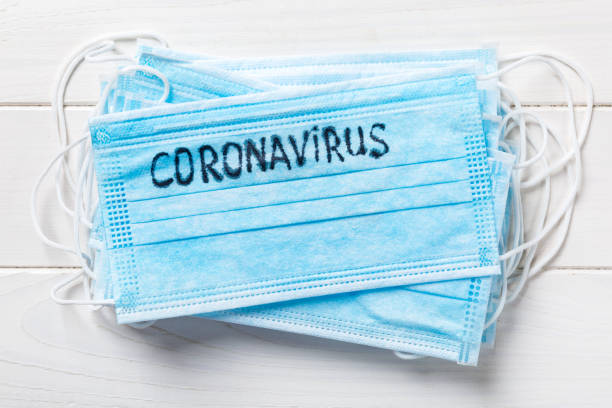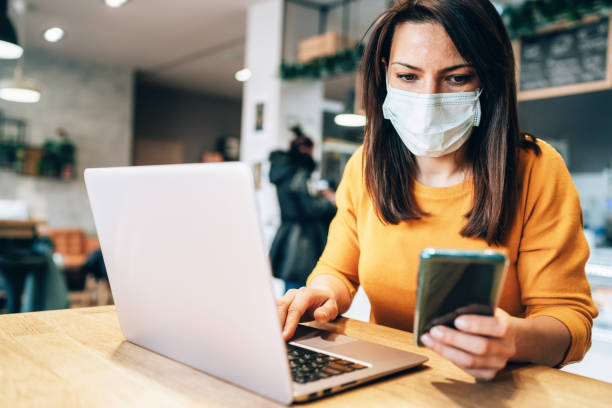Title: The Role of Z-Pack in Coronavirus Treatment: Separating Fact from Fiction
In the midst of the ongoing global pandemic caused by the novel coronavirus, also known as COVID-19, various treatments and potential cures have captured public attention. Among these, the "Z-Pack" has emerged as a topic of interest and speculation. The term "Z-Pack" generally refers to azithromycin, an antibiotic commonly prescribed to treat bacterial infections, often in the form of a five-day regimen known as a Zithromax Z-Pak. However, its potential role in treating COVID-19 has generated both excitement and controversy. This article aims to explore the scientific basis, current research, and concerns associated with the use of Z-Pack for coronavirus treatment.
Azithromycin is part of a class of antibiotics called macrolides, which have been used for decades to treat a variety of bacterial infections, particularly those affecting the respiratory system. The drug works by inhibiting bacterial protein synthesis, ultimately leading to the prevention of bacterial growth. Given its established use against bacterial infections, researchers and healthcare professionals have investigated whether azithromycin could be repurposed to combat the viral infection caused by SARS-CoV-2, the virus responsible for COVID-19.
Several studies have investigated the potential benefits of using azithromycin in combination with other medications, such as hydroxychloroquine, as a treatment for COVID-19. These studies were largely based on the premise that azithromycin's anti-inflammatory properties could help reduce the severity of symptoms and the likelihood of bacterial co-infections that could exacerbate the disease. However, it's crucial to note that the use of azithromycin in COVID-19 treatment remains highly controversial, and its efficacy is still a subject of ongoing research.
The controversy surrounding azithromycin's role in COVID-19 treatment is primarily rooted in a lack of comprehensive clinical evidence. While some studies have suggested potential benefits, others have found no significant improvement in patient outcomes. The scientific community has raised concerns about the methodological limitations of these studies, including small sample sizes, inconsistent study designs, and potential biases. As a result, major health organizations, such as the World Health Organization (WHO) and the U.S. Food and Drug Administration (FDA), have not recommended the routine use of azithromycin in COVID-19 treatment outside of clinical trials.
Misinformation and misunderstanding have further complicated the issue. The term "Z-Pack" has been widely misinterpreted as a panacea for COVID-19, leading some individuals to self-medicate with azithromycin without proper medical guidance. This practice is not only potentially dangerous but can also contribute to the development of antibiotic resistance, a global health concern. Antibiotic resistance occurs when bacteria evolve to become resistant to the drugs designed to kill them, rendering antibiotics less effective in treating bacterial infections.
To address these concerns, healthcare professionals and researchers emphasize the importance of evidence-based medicine. Rigorous clinical trials are necessary to determine the safety and efficacy of azithromycin and other treatments in the context of COVID-19. While anecdotal reports and preliminary studies may provide insights, they cannot replace the scientific rigor of well-designed trials with larger sample sizes, control groups, and peer-reviewed methodologies.
In conclusion, the topic of using the Z-Pack (azithromycin) for coronavirus treatment is characterized by a complex interplay of scientific investigation, misinformation, and genuine public health concerns. Azithromycin's potential role in COVID-19 treatment remains uncertain, and its use should be guided by rigorous research and expert medical advice. The global medical community's priority is to identify safe and effective treatments that can alleviate the impact of COVID-19 and ultimately save lives. Until conclusive evidence is obtained, individuals are strongly advised to rely on the recommendations of reputable health organizations and to avoid self-medication practices that can have serious consequences for their health and contribute to larger public health challenges.
In the midst of the ongoing global pandemic caused by the novel coronavirus, also known as COVID-19, various treatments and potential cures have captured public attention. Among these, the "Z-Pack" has emerged as a topic of interest and speculation. The term "Z-Pack" generally refers to azithromycin, an antibiotic commonly prescribed to treat bacterial infections, often in the form of a five-day regimen known as a Zithromax Z-Pak. However, its potential role in treating COVID-19 has generated both excitement and controversy. This article aims to explore the scientific basis, current research, and concerns associated with the use of Z-Pack for coronavirus treatment.
Azithromycin is part of a class of antibiotics called macrolides, which have been used for decades to treat a variety of bacterial infections, particularly those affecting the respiratory system. The drug works by inhibiting bacterial protein synthesis, ultimately leading to the prevention of bacterial growth. Given its established use against bacterial infections, researchers and healthcare professionals have investigated whether azithromycin could be repurposed to combat the viral infection caused by SARS-CoV-2, the virus responsible for COVID-19.
Several studies have investigated the potential benefits of using azithromycin in combination with other medications, such as hydroxychloroquine, as a treatment for COVID-19. These studies were largely based on the premise that azithromycin's anti-inflammatory properties could help reduce the severity of symptoms and the likelihood of bacterial co-infections that could exacerbate the disease. However, it's crucial to note that the use of azithromycin in COVID-19 treatment remains highly controversial, and its efficacy is still a subject of ongoing research.
The controversy surrounding azithromycin's role in COVID-19 treatment is primarily rooted in a lack of comprehensive clinical evidence. While some studies have suggested potential benefits, others have found no significant improvement in patient outcomes. The scientific community has raised concerns about the methodological limitations of these studies, including small sample sizes, inconsistent study designs, and potential biases. As a result, major health organizations, such as the World Health Organization (WHO) and the U.S. Food and Drug Administration (FDA), have not recommended the routine use of azithromycin in COVID-19 treatment outside of clinical trials.
Misinformation and misunderstanding have further complicated the issue. The term "Z-Pack" has been widely misinterpreted as a panacea for COVID-19, leading some individuals to self-medicate with azithromycin without proper medical guidance. This practice is not only potentially dangerous but can also contribute to the development of antibiotic resistance, a global health concern. Antibiotic resistance occurs when bacteria evolve to become resistant to the drugs designed to kill them, rendering antibiotics less effective in treating bacterial infections.
To address these concerns, healthcare professionals and researchers emphasize the importance of evidence-based medicine. Rigorous clinical trials are necessary to determine the safety and efficacy of azithromycin and other treatments in the context of COVID-19. While anecdotal reports and preliminary studies may provide insights, they cannot replace the scientific rigor of well-designed trials with larger sample sizes, control groups, and peer-reviewed methodologies.
In conclusion, the topic of using the Z-Pack (azithromycin) for coronavirus treatment is characterized by a complex interplay of scientific investigation, misinformation, and genuine public health concerns. Azithromycin's potential role in COVID-19 treatment remains uncertain, and its use should be guided by rigorous research and expert medical advice. The global medical community's priority is to identify safe and effective treatments that can alleviate the impact of COVID-19 and ultimately save lives. Until conclusive evidence is obtained, individuals are strongly advised to rely on the recommendations of reputable health organizations and to avoid self-medication practices that can have serious consequences for their health and contribute to larger public health challenges.




